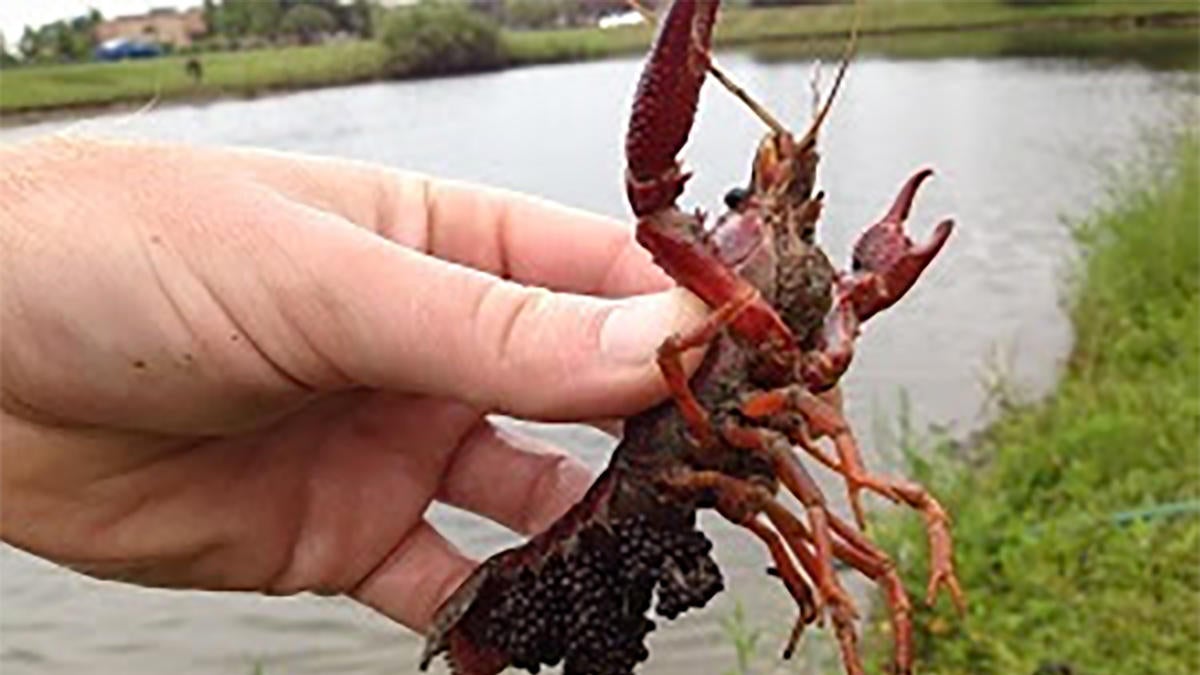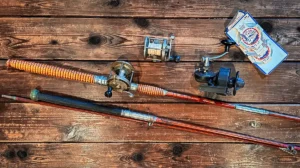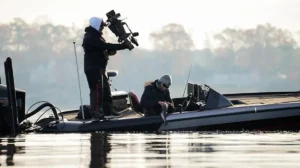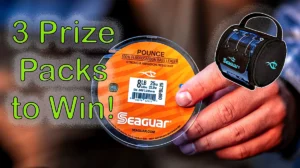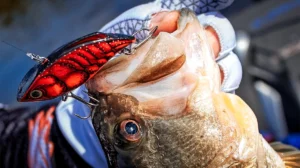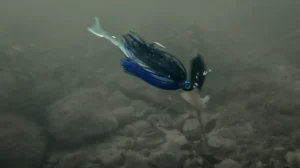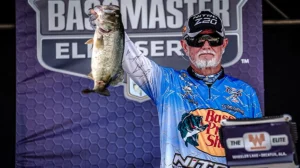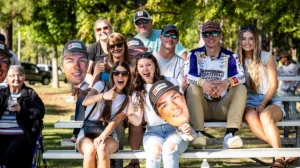The state of Michigan today announced the 32 projects that will share $3.6 million in grants through the Michigan Invasive Species Grant Program.
The program – cooperatively implemented by the Michigan departments of Agriculture and Rural Development; Environment, Great Lakes, and Energy; and Natural Resources – addresses prevention, detection, eradication and control of aquatic (water-based) and terrestrial (land-based) invasive species in Michigan through four key objectives:
- Preventing the introduction of new invasive species.
- Strengthening the statewide invasive species early detection and response network.
- Limiting the spread of recently confirmed invasive species.
- Managing and controlling widespread, established invasive species.
Improving prevention and management
This year’s grants will provide funding for a range of efforts targeting aquatic invasive species:
- Increasing compliance with new “Clean, Drain, Dry” boating laws through use of mobile boat washing stations in northwest Michigan.
- Surveying anglers and boaters about their willingness to decontaminate gear and vessels, with the goal of improving the effectiveness of messaging and outreach efforts.
- Surveying and controlling populations of European frog-bit, an invasive aquatic plant, in the upper portions of the Rouge, Huron and Clinton river watersheds.
- Understanding red swamp crayfish population dynamics to improve control methods.
Funding also will support projects to improve management of terrestrial invasive species:
- Evaluating methods to prevent the spread of oak wilt to reduce costs and expand options for managing the disease.
- Expanding efforts to survey hemlocks in state parks along the Lake Michigan shoreline and treat infestations in Allegan, Muskegon, Oceana and Ottawa counties.
- Evaluating current hemlock woolly adelgid treatment methods to maximize effectiveness and minimize the potential for re-infestation.
- Experimentally rearing and releasing the knotweed psyllid (Aphalara itadori), an insect from Japan that feeds on Japanese, giant and Bohemian knotweeds, to determine if the insect can survive in Michigan and help reduce populations of these invasive plants.
Support in every Michigan county
This year’s grants also will support 21 regional Cooperative Invasive Species Management Areas, the network of partnership organizations that work to manage and control invasive species and provide service to all 83 counties in the state. Proposed outcomes of CISMA projects receiving funding this year include:
- Surveying 15,000 acres of land and water.
- Treating at least 1,600 acres to eliminate invasive species.
- Directly reaching more than 10,000 residents and visitors through workshops, site visits and education programs.
Program background and progress
In 2014 the state Legislature designated $5 million in annual funding to address invasive species. This support substantially enhanced Michigan’s Invasive Species Program for aquatic organisms, supported a formal program for terrestrial species and initiated the Michigan Invasive Species Grant Program.
This cycle marks the sixth year of program funding. To date, over $22 million has been awarded to support 144 projects undertaken by units of government, nonprofits and institutions. Because of Michigan’s Invasive Species Grant Program:
- More than 390,000 acres of land and water have been surveyed for invasive species.
- More than 31,000 acres have been treated for invasive terrestrial and aquatic plants.
- 193,000 people have been reached with information about invasive species through direct contact, including face-to-face interactions at boat washes, workshops, trainings and other events.
- An additional 18,158,241 people were reached through grantees’ “passive impression” efforts, including mail, newspapers, social media and handouts.
Over $7 million requested
The program began accepting grant applications for this funding cycle in July 2019. A total of 51 applications were received, requesting over $7 million in support. Grant applicants were asked to commit to providing at least 10 percent of the total project cost in the form of a local match.


